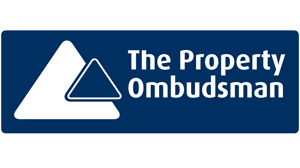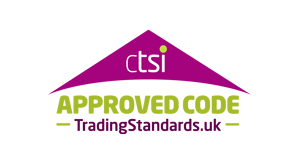As I write this journal, I am very much aware the budget is this week and by the time you read this, the budget has happened! So, I thought I would write about some changes that will affect many landlords in their tax return as we also approach the end of our tax year on the 5th April 2015.
Firstly if you are a new landlord and you are receiving rental income, you should tell HMRC about it – contact them as soon as possible, but at the latest by 5 October following the end of the tax year in which you start to let the property. That is, if you started getting rental income in the year to 5 April 2015, tell HMRC by 5 October 2015.
A bit of bad news….. until 2013, landlords with unfurnished properties could claim a ‘renewals basis’ allowance for ‘moveable items’ such as white goods. However, as of tax year 2014, HMRC have announced that the cost of white goods is no longer a tax deductible expense for unfurnished properties.This little known fact surprised a lot of people and the HMRC released a press announcement in May 2014 confirming the ‘renewals allowance’ was actually an ‘Extra Statutory Concession’ (ESC) by HMRC, and so did not have the force of law – in other words, it was an allowance that HMRC gave, but were not obliged to give and as part of an ongoing effort to ‘tidy up’ the tax system, the HMRC removed certain ESCs.
So, what are the options?
1. Do nothing. This could prove costly.
2. Provide furnished properties and claim 10% wear and tear. However, properties in Bournemouth and Poole are predominantly unfurnished and this would narrow your market audience when looking for tenants. Also, be aware that furnished means furnished and the taxman will ask for a copy of the inventory!
3. Don’t provide white goods. Years ago this was the norm, however new builds provided a lot of built in kitchen goods and our latter years have seen this as more common. However, I have definitely seen a u turn over the last 2 years where landlords are gifting white goods to tenants with the proviso the landlord is not responsible for repairs or replacement.
4. Install built in white goods. If you are planning on renewing the kitchen this is an option.
5. Rent white goods. Rental of white goods would be revenue expenditure – not capital expenditure – and so the costs would be allowable. If you have a large portfolio, you could consider setting up a property company to buy the white goods and rent them to the personally held portfolio at a commercial rate.
Of course, a genuine repair to keep an item in working or usable condition, will still be tax deductible.
If you are letting out a furnished property, then there is no change and you still can claim the 10% wear and tear allowance.
Carpets are also, in principle, affected by the HMRC ruling, as they do not accept that carpets are fixtures and these should be treated, instead, as free-standing appliances covered by the wear and tear allowance applicable to only furnished property.
Let’s hope the budget brings some good news for the private rented sector!
If you would like a friendly, no obligation chat regarding any property matter, then please Email sharon@moveonrentals.com or telephone 01202 711169. Don’t forget Sharon now produces and presents a live weekly property show on Wednesdays 12-2pm on HopeFM 90.1 or visit the website and press the listen live button.







 Investment Properties
Investment Properties